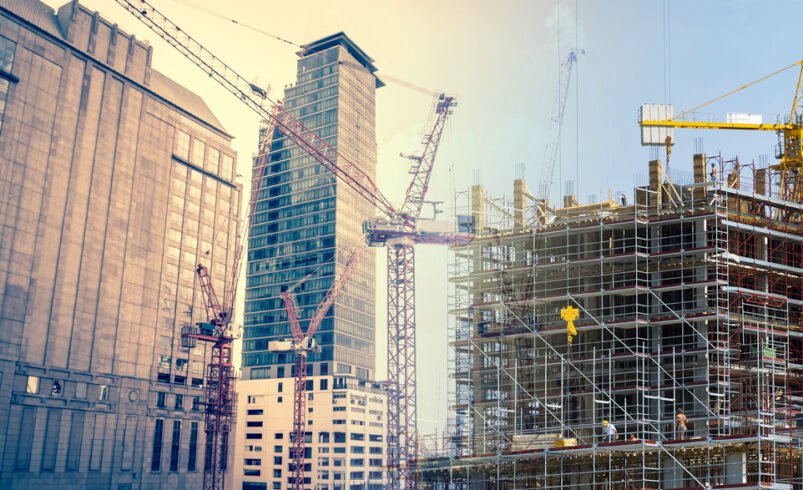Commercial Construction: How to Overcome Common Challenges

Constructing a large-scale commercial project like an office building, hotel, shopping mall, or sports arena involves a significant investment, but the returns are often worth it. Such projects usually create jobs, stimulate local businesses, and contribute to infrastructure development, boosting overall economic growth.
But great rewards like these come at a significant financial risk. Investors and contractors can face challenges when handling the projects, which might lead to delays, inconveniences, and financial losses. This piece highlights these common problems to make it easier to overcome any obstacles that may occur during commercial construction projects.
Tight Work Schedule
One critical factor to consider before starting a commercial project is the timelines. Ideally, construction managers and contractors should allocate enough time and add extra days to cater to unforeseen obstacles. During commercial construction projects, delays are sometimes unavoidable and may be caused by factors beyond the contractor’s control.
For instance, unforeseen site conditions or bad weather could make it difficult for contractors to continue construction. However, contractors and project managers can overcome this problem by having a realistic schedule and developing contingency plans.
So, before planning a project, contractors should consider the local weather conditions. Snow and ice can slow the project down and cause construction workers to stop working. Rain can also cause delays. Other factors that may interfere with the project time include a shortage of materials, accidents on the site, sick workers, and delayed permits.
Budget Overruns
Every commercial project usually has a detailed budget. This financial plan acts as a guide to ensure the available funds are used as outlined in the plan. However, hidden costs can creep in and increase the budget. This occurs if the initial plan had inaccurate estimates or when the scope of the project changes.
Some project delays, like those caused by the weather, can also lead to unforeseen costs such as security expenses during the waiting time. Creating a detailed cost estimate is the best way to plan for budget overruns. If the figures are more accurate and realistic, the chances of experiencing a budget overrun will reduce.
Another option is to have a contingency budget for covering unplanned costs, ensuring that the contractor is ready for any surprises. Finally, it is essential to track expenses regularly and adjust to stay within budget.
Safety Concerns
Safety is a factor that cannot be ignored in the construction sector. There are specific safety standards that all commercial contractors must follow. For instance, the construction site must be kept clean, workers should wear PPE, and workers must use the right tools and equipment.
It is also important to adhere to the other regulations specific to the project. This ensures that the construction workers and anyone on the site are safe throughout the project. Safety audits and training sessions can also help keep the worksite safe.
When the contractor regularly reminds the workers about safety protocols through training, the workers will use safety equipment and follow relevant safety rules. Safety inspections help identify and mitigate potential hazards. Contractors can also invest in a safety management system that constantly monitors and improves safety performance.
Commercial contractors and project managers should not ignore these construction challenges to complete the projects promptly. They should seek to understand the scope and complexities of their commercial construction project to develop a proactive plan to address foreseeable and unexpected challenges. These measures increase the chances of completing a successful project that meets the industry standards and the owner’s expectations.



